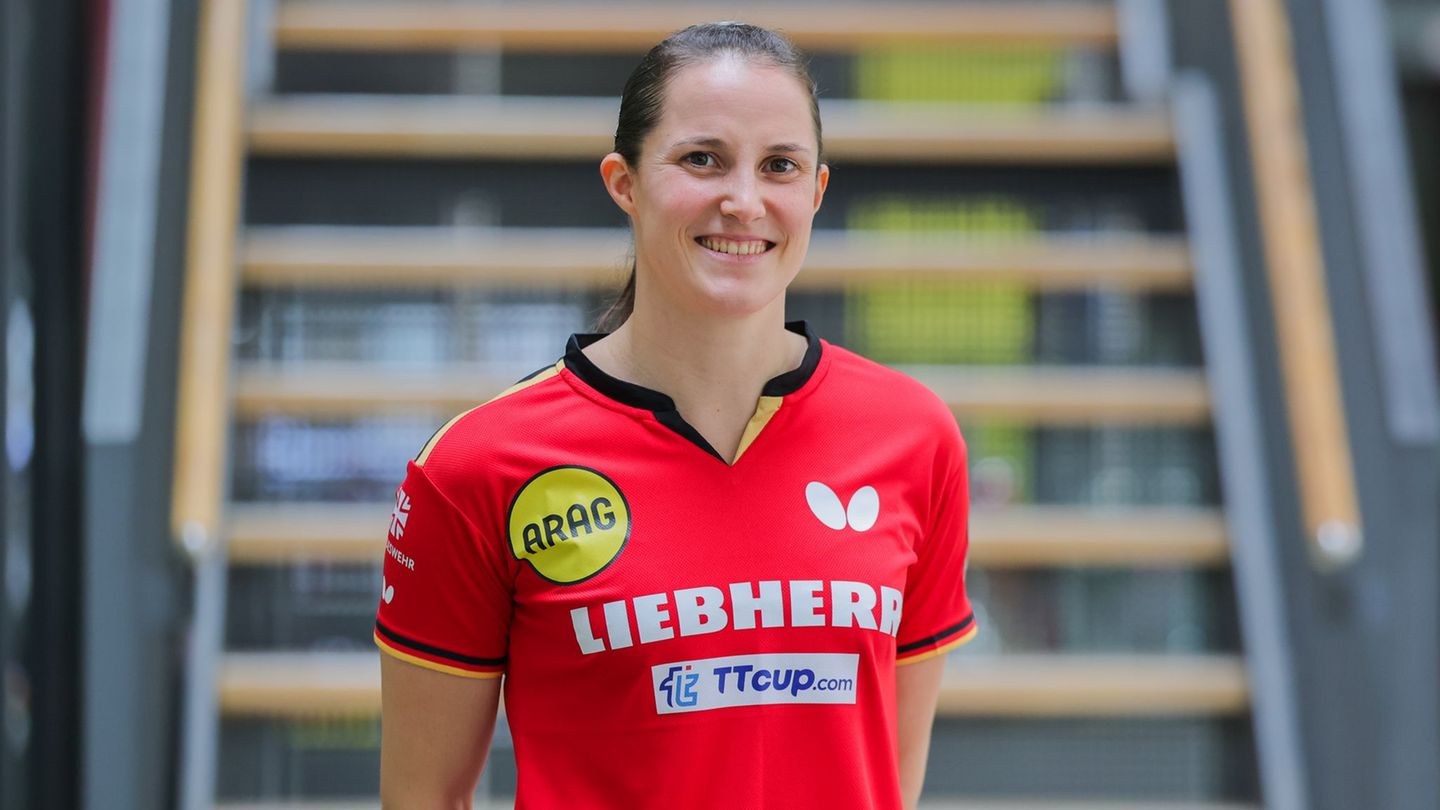Image: colourbox.de
Eight-month-old babies are more likely to trust the perceptions of others than their own observations. They can therefore even be described as “altercentric”. This means that they actually see the world from the perspective of other individuals. The study was published in the Royal Society’s journal Proceedings B.
A team led by Velisar Manea from the University of Copenhagen (Denmark) had 32 eight-month-old babies watch videos in each experiment in which a ball was hidden behind a small board on the right or left side. When the respective board fell over and the ball was gone, the babies stared there longer than when it was still there. This shows that they could remember the ball’s last position and that its disappearance was a bit strange for the babies, according to the researchers, which include Barbu Revencu from the Department of Cognitive Science at Central European University (CEU) in Vienna the specialist article.
In the next test, they also had the babies watch a video (computer-generated) likeness of an adult as the ball was hidden by a board. Then that person withdrew behind a curtain and the ball was sent behind the other board. Then, if the board where the baby and person had watched it go fell over and the ball was still there, that was obviously what the babies imagined, although they could see it travel from there to the other board beforehand.
difference in twelve-month-old babies
If, on the other hand, it was “in the right place”, the eight-month-old infant found it funny, which could be seen from the length of time he looked. Accordingly, they “prioritize” those processes that not only they but also adults had observed, the experts write: “This even happens when it sometimes leads to memory errors.”
In twelve-month-old babies, however, this effect was no longer observed. “We believe that this age-centric tendency is a unique feature of very early development, when infants’ ability to explore the world on their own is limited,” the researchers said. “It facilitates their learning by allowing them to exploring the world through the attention of others.”
“We use the term altercentric to describe the mental ability to put the perspective of others ahead of one’s own,” Revencu told APA. “Based on our results, we hypothesize that human infants are altercentric early in life.” This hypothesis contradicts the widely held belief that people begin life as self-centered beings who are unable to consider other perspectives.
Source: Nachrichten




